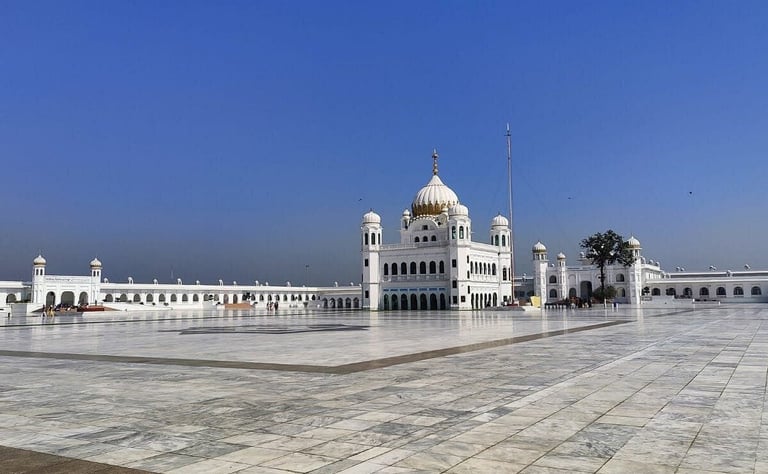Press Release: India’s Strategic Response to Pakistan’s Escalations: A Comprehensive Overview
PRESS RELEASE
Press Information Bureau
5/9/2025


India is actively responding to Pakistan’s increasing aggression and airspace violations through targeted military operations, enhanced defense measures, diplomatic engagement, and efforts to counter disinformation. Here's a detailed breakdown of the developments:
Targeted Military Response: Operation Sindoor
India launched precise drone strikes following Pakistan’s drone incursions and artillery fire on May 8–9, 2025.
Foreign Secretary Vikram Misri introduced a briefing featuring Colonel Sofia Qureshi and Wing Commander Vameka Singh.
The Indian Armed Forces neutralized threats and destroyed Pakistani air defense assets.
Escalation in Jammu and Kashmir
Pakistan intensified cross-border firing and drone attacks, causing casualties on both sides.
India strengthened air defense and safeguarded civilian air traffic as Pakistan misused civilian airspace for military operations.
A flynas A320 (HZ-NS47) flying from Lahore to Karachi was Observed during high tensions, displaying the casuality of Pakistan government towards their citizens
Drone Intrusions and Indian Countermeasures
India intercepted drones at 36 locations, potentially Asisguard Songar, used to test defenses and gather intelligence.
A Pakistani drone attack on Bhatinda was thwarted, triggering Indian strikes on Pakistani defense systems.
Shelling by Pakistan in Jammu and Kashmir resulted in Indian casualties, with Pakistan reportedly using civil airliners as shields.
Air Force Response and Disinformation Warfare
The Indian Air Force retaliated proportionately, protecting civilian airspace while targeting threats.
Pakistan launched a disinformation campaign, falsely accusing India of attacking religious sites.
Allegations regarding Nankana Sahib were debunked; attention was drawn to Pakistan’s own violence against the Sikh community.


Diplomatic and Strategic Engagements
India maintained a responsible stance while continuing discussions on the Indus Waters Treaty and Pakistan’s IMF bailout.
Senior Indian officials engaged with US, UK, and Norway counterparts to reinforce counter-terrorism efforts.
Talks highlighted attacks like the Pahalgam incident and reiterated India’s zero-tolerance policy on terrorism.
Exposing Terrorist Networks
The press briefing exposed the link between Jaish-e-Mohammed, its leader Maulana Masood Azhar, and the murder of journalist Daniel Pearl.
India emphasized the persistent threat posed by Pakistan-based terror outfits.


Kartarpur Corridor Closure and Targeted Shelling
Security concerns led to the closure of the Kartarpur Sahib corridor.
Deadly shelling from Pakistan hit a Christian school and convent, killing two students and injuring their parents.
